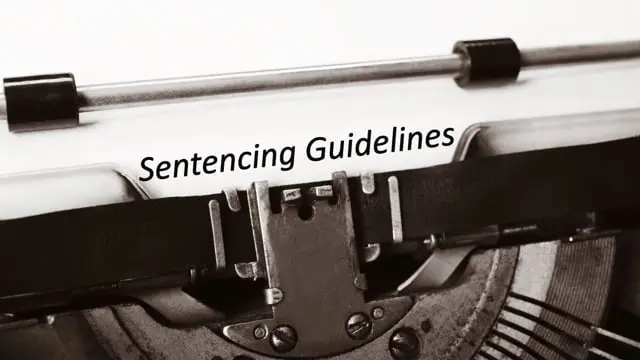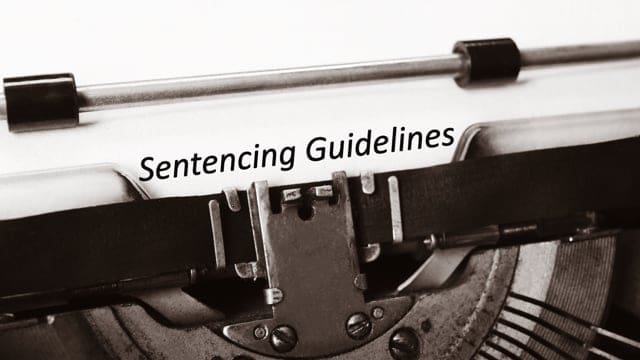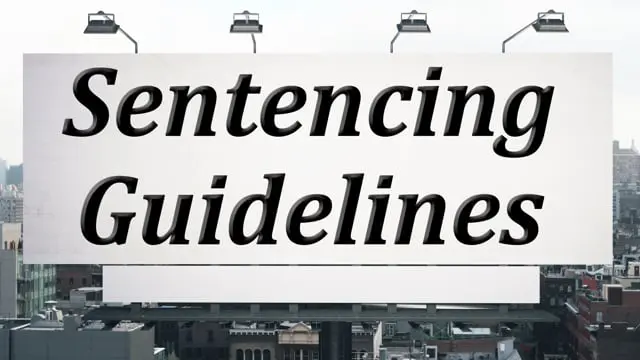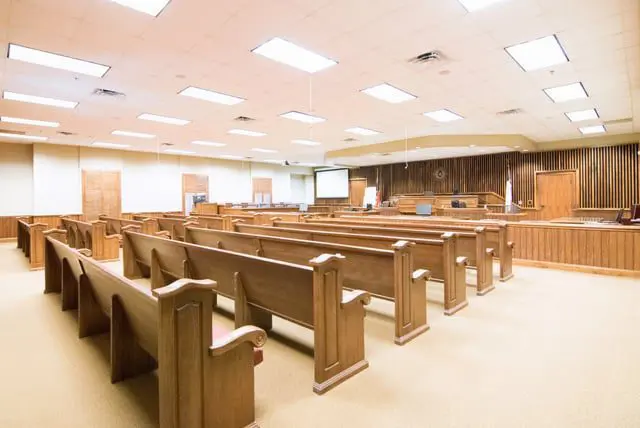Drug Trafficking
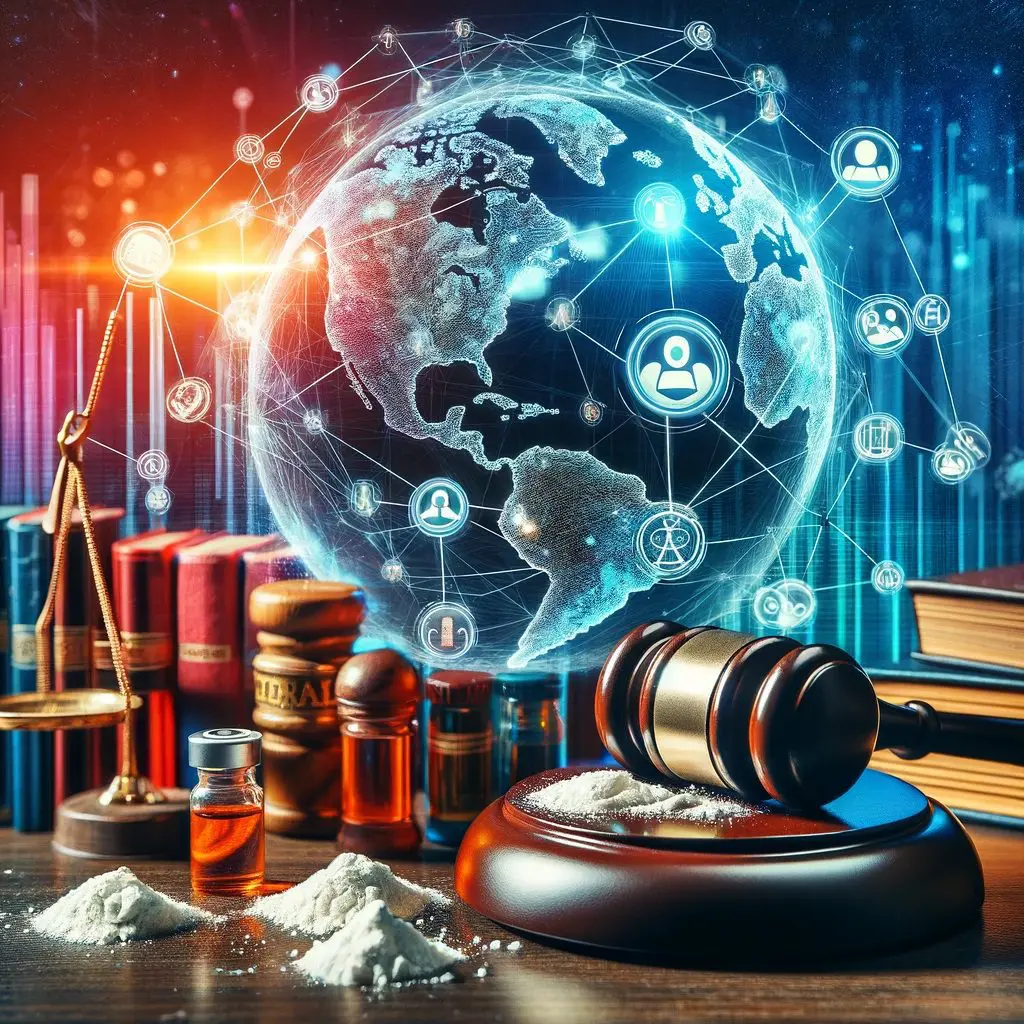
Navigating the Legal Maze of Drug Trafficking Charges: A Comprehensive Guide
In the realm of criminal law, few offenses are met with as severe penalties as drug trafficking. This crime involves the manufacture, distribution, and sale of illegal drugs, and it stands at the forefront of legal battles across the globe. Whether you’re a legal professional, someone facing charges, or simply seeking to understand the complexities of the law, it’s crucial to grasp the intricacies of drug trafficking regulations and the potential defenses against such charges.
Drug trafficking is not limited to the stereotypical image of clandestine drug cartels but can involve any unauthorized sale, transportation, or distribution of controlled substances. The substances most commonly associated with these charges include cocaine, heroin, methamphetamine, and marijuana—each governed by strict legal statutes that vary significantly from one jurisdiction to another.
The legal consequences of drug trafficking are daunting, to say the least. Convictions can lead to lengthy prison sentences, astronomical fines, and a permanent mark on one’s record, affecting future employment, educational opportunities, and personal freedom. The severity of these penalties typically hinges on several factors, including the type and quantity of drugs involved, the geographic scope of the operation, and whether minors were targeted.
Given the high stakes, those accused of drug trafficking must seek competent legal representation. Experienced defense attorneys play a pivotal role in navigating the complex legal system, challenging the prosecution’s evidence, and presenting a robust defense. Strategies may include contesting the legality of a search and seizure, arguing for the reduction of charges based on the amount and type of substance, or negotiating plea deals that minimize penalties.
In recent years, the conversation around drug trafficking and related laws has evolved, with increasing calls for reform. Critics argue that current policies, particularly those stemming from the war on drugs, disproportionately affect minority communities and fail to address the root causes of drug abuse and distribution. This has led to a growing movement advocating for a more nuanced approach to drug policy, one that prioritizes rehabilitation over punishment and seeks to decriminalize certain substances.
Moreover, as the legal landscape shifts, education on drug laws and the rights of the accused becomes ever more crucial. Public awareness initiatives and legal clinics offer valuable resources for individuals seeking to understand their legal standing and options in the face of drug trafficking charges.
In conclusion, the battle against drug trafficking remains a key focus of law enforcement and the legal system at large. However, it’s imperative that this fight does not overshadow the need for fairness, reform, and a deeper understanding of the societal issues underlying drug distribution and use. As laws and attitudes continue to evolve, so too will the strategies for defending against these serious charges, highlighting the importance of staying informed and proactive in legal defense efforts.
This comprehensive exploration of drug trafficking laws, penalties, and defense strategies underscores the complexity of the issue and the critical role of knowledgeable legal advice. Whether facing charges or simply seeking to stay informed, understanding the nuances of drug trafficking regulations is essential in today’s legal environment.
The global dimension of drug trafficking adds another layer of complexity, necessitating international cooperation and legal harmonization. Countries around the world grapple with the challenge of curtailing the supply and demand of illegal drugs, with varying degrees of success. International treaties and collaborations, such as the United Nations Office on Drugs and Crime (UNODC), play a critical role in facilitating this cooperation, aiming to disrupt the drug trade at its source, transit, and destination points.
The rise of new technologies has also transformed the landscape of drug trafficking. The dark web, cryptocurrencies, and encrypted communication methods have provided traffickers with unprecedented anonymity and security. This digital evolution requires law enforcement and legal professionals to adapt their strategies and develop new skills to effectively combat drug trafficking in the digital age.
Community-based approaches to drug prevention and rehabilitation have shown promise in addressing the root causes of drug trafficking. By investing in education, social services, and economic opportunities, communities can reduce the allure of the drug trade and support those vulnerable to its influence. These efforts, coupled with fair and effective law enforcement, can contribute to a holistic strategy against drug trafficking.
As the legal, social, and technological landscapes continue to evolve, so too must our approaches to combating drug trafficking. It’s a multifaceted problem that demands a multifaceted solution, one that balances enforcement with prevention, punishment with rehabilitation, and domestic action with international cooperation. By staying informed, engaged, and compassionate, we can hope to make progress in the ongoing battle against drug trafficking and its far-reaching impacts.










